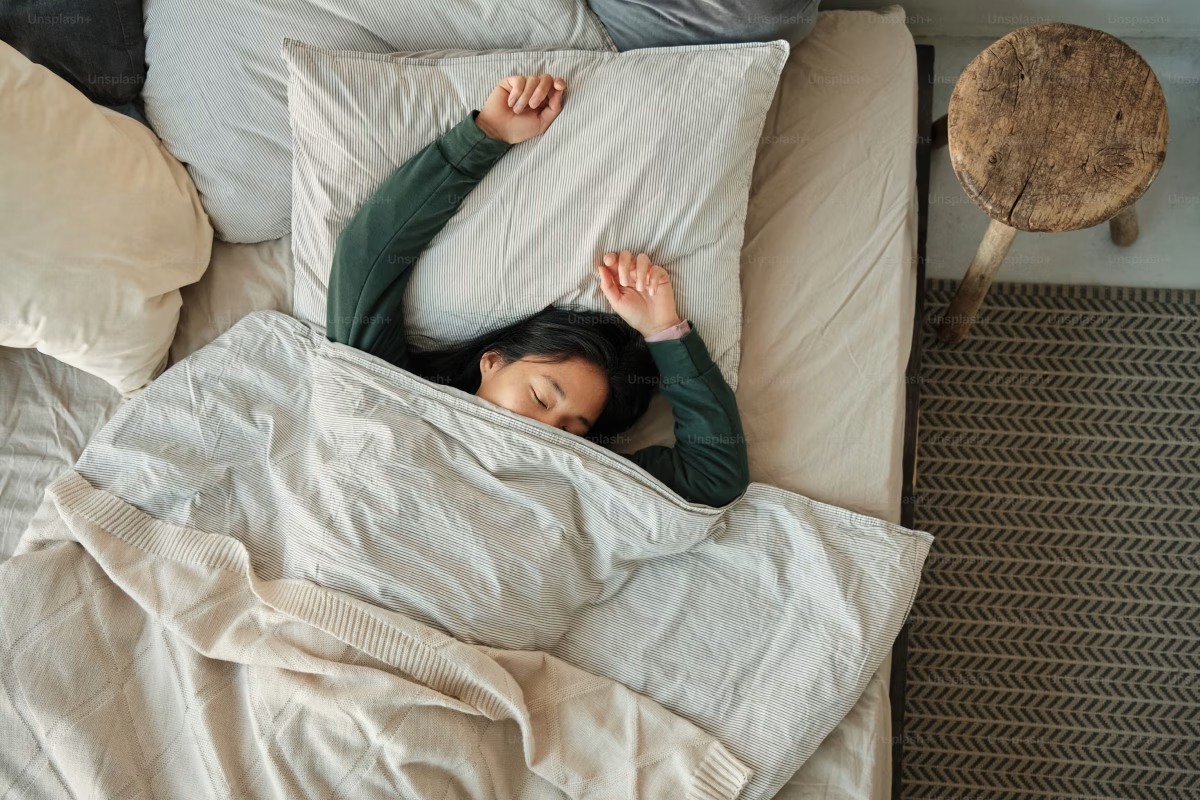Forming healthy sleep habits with an intense schedule like Williston’s can be difficult, but it may be more important than you think.
Balancing classes, homework, afternoon programs, clubs, socializing, and the many other responsibilities of a Williston student can prove challenging for establishing a healthy, consistent sleep schedule.
School Counselor, Anne Zager, notes that science “points to teens needing eight to ten hours of sleep per night for optimal health.”
She adds that while getting a healthy amount of sleep is important, putting that pressure on yourself is not beneficial.
“While eight hours is a great goal, stressing about always getting that many hours isn’t helpful, some days are going to be ‘awaker’ than others, and that’s life,” she said.
Maggie Duffy, a sophomore boarder from Cumberland, Maine, feels she meets this recommendation.
“I would say [I get] anywhere from like seven to eight and a half [hours of sleep] depending on the day,” she said. “I aim to be in bed by midnight and I wake up from 7:45 a.m. to 8:00 a.m. depending on how much I want to get ready for the day.”
When asked if she thought she got enough sleep, Maggie said, “I feel like it’s like an ok amount of sleep, like I never really feel that tired.”
Maddy McCarthy, a senior boarder from Turners Falls, Mass., feels that her six and a half hours of sleep every night is not enough.
“While I’m able to function throughout the day, I think I would be better off sleeping for a couple more hours every night,” she said.
For Maggie, she finds that both socializing and her phone cause her to get less sleep.
“When I’m up till midnight, it’s just me being on my phone. So, I feel like there is no reason for me to be up that late,” she said.
“There’s a lot of people that hang out after study hall ends from like 10:00 p.m. to 10:30 p.m. At 10:30 p.m., I start getting ready for bed or like 10:20,” Maggie said. “So, I think on the days that I don’t make the decision to hang out after study hall ends and I just get in my bed, I go to bed a lot earlier.”
Maddy feels that for herself, her homework is often the thing that pushes back her bedtime. However, she adds, “I also have to acknowledge the crucial part that homework plays in learning and retaining information from our classes.”
Zager believes sleep is important, and that staying up super late to study may not be as helpful as many students believe it is.
“If you stay up until 3 a.m. cramming for an 8:30 a.m. test and only sleep a few hours, a lot of the information your late-night brain absorbed will likely have slipped right out without enough sleep to consolidate memories,” she said.
Zager also adds that sleep can help with “emotion regulation, self-control, muscle repair, and immune system boosting.”
If you are looking to increase the amount of sleep you get, Maggie suggests that separating your work area from your resting area can be helpful.
“I think when you try and get in your bed and do work it makes you like buzzed on wanting to do more work, but also like more compelled to want to go to sleep,” she said.
Maddy suggests that students should “proactively do work during any free time during the day,” rather than saving all their work for the night before.
Zager feels that the spring trimester can prove a “great time to explore small changes that might help you get more sleep!”
“I think setting an honest regular bedtime goal can help, then giving yourself about 30 minutes to wind down leading up to that—creating nighttime rituals like stretching, putting on warm socks, having a cup of tea, and putting down your phone,” she said.
Zager also shines light on the impact that social-emotional factors can have on your sleep.
“If you’re feeling scattered or overbooked, consider saying ‘no’ to the occasional social invite if your body is calling for restorative time,” she said.
Zager understands that this transition can be difficult for some and encourages students to reach out.
“If you’ve noticed some increased anxiety or rumination during this time of transition, you’re not alone!” she said. “Tell someone how you’re feeling—a friend, a parent or dorm parent, a counselor, the Beaton’s dog. Listening and being listened to is very good for the soul, and sleep.”













